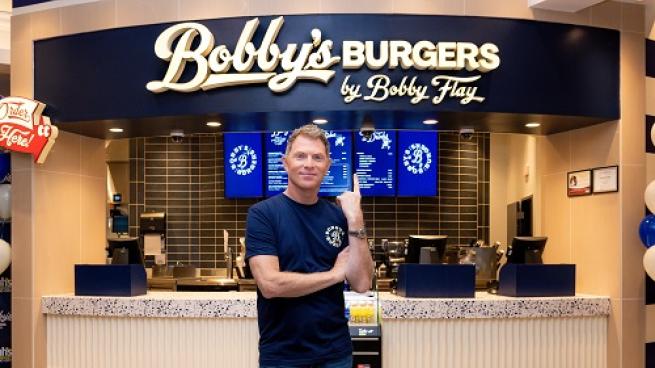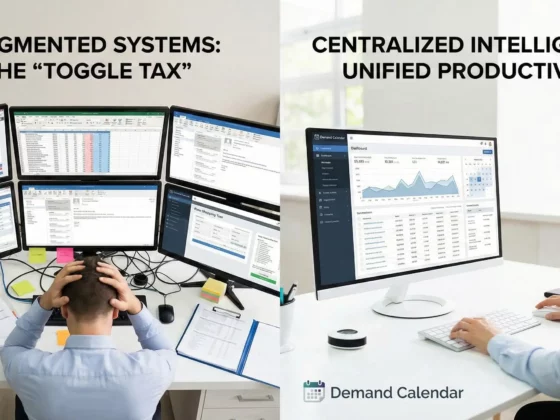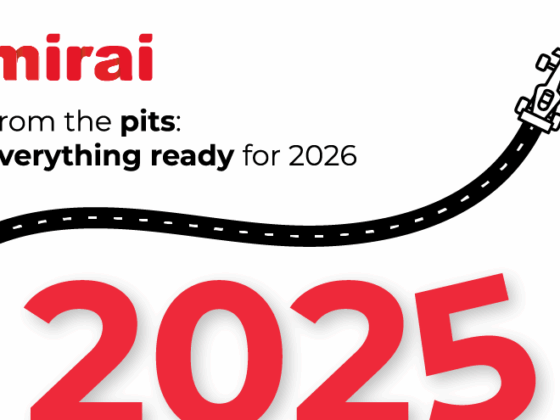
Technology and Efficiency at the Forefront
Hospitality Technology caught up with Patric Knapp, VP of Operations, to discuss the flagship’s unique features, technological advancements, and strategies to enhance guest engagement.
“This flagship has been a long time coming — years in the making,” Knapp shared. The Charlotte location represents a new phase for Bobby’s Burgers, which currently operates eight stores. Franchise locations in Chicago, Colorado, and Utah are expected to open later this year.
Bobby’s Burgers locations include non-traditional formats in high-profile venues like Yankee Stadium, airports, and casinos such as Paris Las Vegas and Harrah’s Resort Atlantic City. “Every location has been a learning experience, leading up to Charlotte. We’ve optimized our layout to make our crew members’ jobs easier and more efficient,” Knapp explained.
For an elevated burger concept like Bobby’s, speed of service is crucial. “The faster our crew can work, the faster our guests are served, ensuring they receive fresh, high-quality food,” Knapp noted. Bobby’s Burgers stands out by offering burgers cooked to order at two different temperatures—medium or well—an option unique in the fast-casual space.
Automation and Innovation in the Kitchen
The Charlotte kitchen features a Garland clamshell grill, which Knapp describes as “a game changer.” Cooking burgers on a flattop typically takes 7-10 minutes, but the clamshell grill reduces that time to just 2.5 to 3.5 minutes. “This is the first step towards automation,” Knapp said, hinting at more tech-driven innovations to come.
The integration of the Garland grill’s IoT capabilities with Bobby’s tech stack, which includes the Toast POS system with Olo and Thanx integrations, is underway. This integration will enable the brand to track key performance indicators (KPIs), identify inefficiencies, and provide more accurate pickup times for guests.
Beyond the grill, the Charlotte location leverages IoT technology in other areas of the kitchen. “We can monitor how often our fryers are used, track oil efficiency with self-filtering fryers, and receive alerts when equipment isn’t functioning correctly. All this data is stored in the cloud, allowing us to address potential issues before they impact operations,” Knapp explained.








